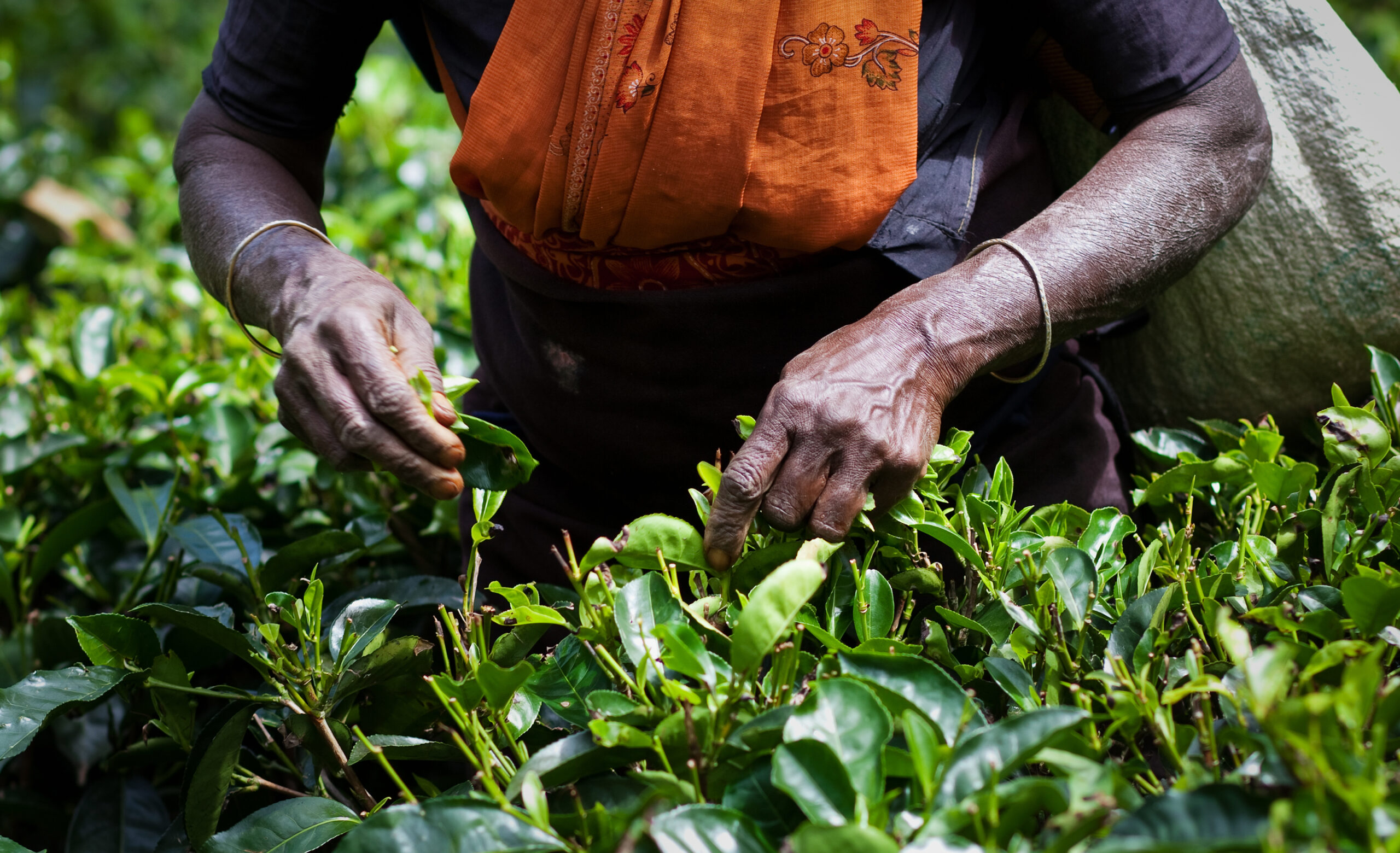Food is one of the most basic human needs, a fact in common for all people, no matter where in the world they live, or how rich or poor they are. Yet the impact of a warming world on agriculture has so far been largely overlooked in climate negotiations, despite warnings by scientists on the Intergovernmental Panel on Climate Change that high temperatures and extreme rainfall have already reduced agricultural land productivity by 21%.
The strain climate change can put on global food systems has been put in the spotlight this year. Food systems already weakened by the compounding issues of poverty, Covid-19 and conflict, particularly in Ukraine, have been hammered by droughts, extreme heat, torrential rain and floods.
Drought has caused agricultural losses in the US, the world’s top corn producer and the largest cereal exporter, leading to decreased crop yields, reduced water availability and farmers having to sell off their livestock.
Europe experienced its worst drought in 500 years, with corn yields expected to be 16% below the 5-year average. Grain production in France and Romania could see losses of up to 14 and 35%, respectively, while in Italy, drought and low water levels for irrigation were predicted to reduce rice yields by 30% decrease this year.
Very high temperatures and drought in China affected harvests of rice and corn, while in India, the rice farming area was 8% smaller than last season, and vegetable yields in Himachal Pradesh and Jammu and Kashmir fell by 40-50%. Rice harvests in Pakistan were expected to plummet by about 31%, which will have global consequences, as the country is the world’s fourth-largest exporter of the grain.
Letter to leaders
Small-scale farmers are at the front line of food security, responsible for producing as much as 80% of the food consumed in regions such as Asia and Sub-Saharan Africa. Yet they accounted for only 1.7% of climate finance flows in 2018 – just $10 billion compared to the estimated $240 billion a year needed to help them adapt to climate change.
At the Glasgow climate summit in 2021 wealthy nations agreed to double overall funding for adaptation to $40 billion a year by 2025. This is still only a fraction of what is required, but delivery of this is key to success at COP27.
Today, organisations representing more than 350 million family farmers and producers have warned world leaders at the summit that global food security is at risk unless adaptation finance for small-scale production is boosted, and a shift to a more diverse, low-input agriculture is promoted.
In an open letter, organisations including the World Rural Forum, the Alliance for Food Sovereignty in Africa and the Asian Farmers’ Association for Sustainable Development called on governments to work with them to build a stronger, more sustainable and fairer food system. This should start with a significant increase in the amount of adaptation finance available for small-scale farmers now and in the long term, they argue.
Subsidy shift
The farmers have urged leaders to stop subsidising industrial, chemical-intensive agriculture, which currently receives around $611 billion a year in subsidies. Farming on industrial scales is responsible for the majority of the 34% of greenhouse gas emissions that come from food and agriculture, they point out. It is also causing a crisis in soil fertility, with one third of all agricultural land at risk of being unsuitable for food production by the end of the century.
World leaders should shift these harmful subsidies towards more sustainable food production, in particular, agroecological farming, fishing, forestry, herding and pastoralism, the farmers say.
They are also demanding to be made a political priority, including being directly involved in decisions which affect their livelihoods. Historical injustices and inequalities plaguing the food system must be tackled, including the concentration of land ownership that squeezes farms onto ever smaller parcels of land, or forces them off their land altogether, they argue. Discrimination against women – who number more than half of all farmers, yet own less than 20% of all land – needs to end.
Heads of state are today discussing food security as one of the subjects to be tackled in a series of roundtables arranged by the Egyptian COP27 presidency. The farmers have urged them to learn the lessons of 2022, and give them a seat at the table and a say in decisions that affect them so that the broken food system can be rebuilt.
Boosting the amount of climate finance targeted at small-scale producers will ensure they have the information, resources and training necessary to continue feeding the world for generations to come, they say.





